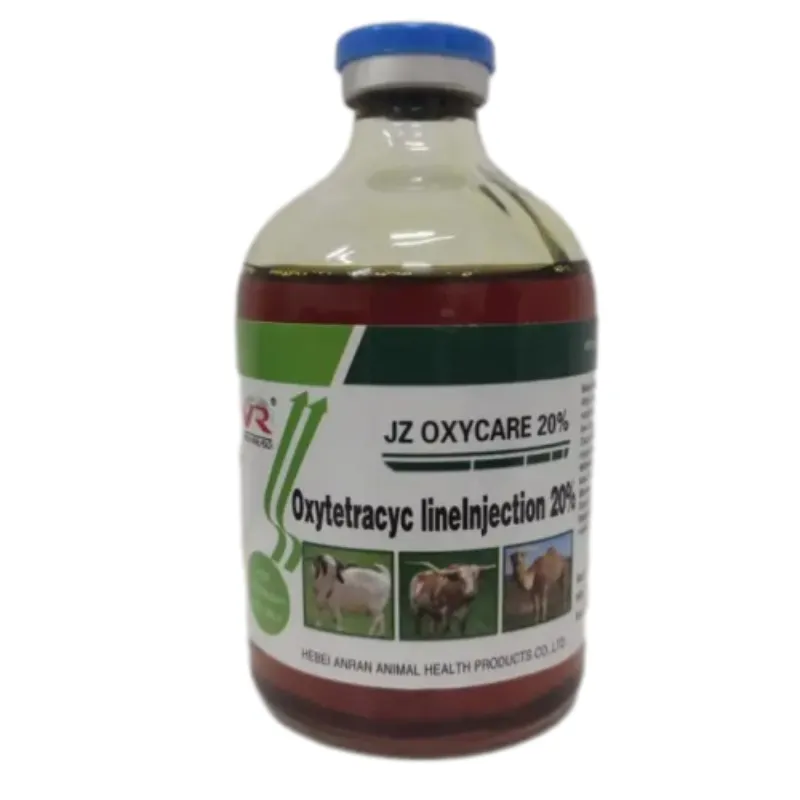- Afrikaans
- Albanian
- Amharic
- Arabic
- Armenian
- Azerbaijani
- Basque
- Belarusian
- Bengali
- Bosnian
- Bulgarian
- Catalan
- Cebuano
- Corsican
- Croatian
- Czech
- Danish
- Dutch
- English
- Esperanto
- Estonian
- Finnish
- French
- Frisian
- Galician
- Georgian
- German
- Greek
- Gujarati
- Haitian Creole
- hausa
- hawaiian
- Hebrew
- Hindi
- Miao
- Hungarian
- Icelandic
- igbo
- Indonesian
- irish
- Italian
- Japanese
- Javanese
- Kannada
- kazakh
- Khmer
- Rwandese
- Korean
- Kurdish
- Kyrgyz
- Lao
- Latin
- Latvian
- Lithuanian
- Luxembourgish
- Macedonian
- Malgashi
- Malay
- Malayalam
- Maltese
- Maori
- Marathi
- Mongolian
- Myanmar
- Nepali
- Norwegian
- Norwegian
- Occitan
- Pashto
- Persian
- Polish
- Portuguese
- Punjabi
- Romanian
- Russian
- Samoan
- Scottish Gaelic
- Serbian
- Sesotho
- Shona
- Sindhi
- Sinhala
- Slovak
- Slovenian
- Somali
- Spanish
- Sundanese
- Swahili
- Swedish
- Tagalog
- Tajik
- Tamil
- Tatar
- Telugu
- Thai
- Turkish
- Turkmen
- Ukrainian
- Urdu
- Uighur
- Uzbek
- Vietnamese
- Welsh
- Bantu
- Yiddish
- Yoruba
- Zulu
Nov . 09, 2024 11:28 Back to list
Effective Deworming Solutions for Healthy Sheep Management and Care Strategies
Deworming Medicine for Sheep An Essential Guide for Farmers
Deworming is a crucial aspect of sheep management, pivotal for maintaining the health and productivity of these animals. Sheep are often affected by various internal parasites, which can lead to significant health issues, decreased growth rates, lower productivity, and, in severe cases, death. Effective deworming strategies, including the use of deworming medications, play a vital role in the overall management of a sheep flock.
Understanding Internal Parasites
Sheep are susceptible to a range of internal parasites, including roundworms, flatworms, and lungworms. The most common parasites affecting sheep include *Haemonchus contortus*, *Teladorsagia circumcincta*, and *Trichostrongylus species*. These parasites reside in the gastrointestinal tract, where they can cause conditions such as anemia, diarrhea, and poor weight gain. Recognizing the signs of parasitic infections is critical for timely intervention. Symptoms may include weight loss, rough wool, lethargy, and in severe cases, signs of colic or death.
Importance of Deworming
Regular deworming is essential in preventing the proliferation of parasites within a flock. The economic impact of parasite infestation can be substantial; it can lead to reduced wool quality, lower milk production, and stunted growth in lambs. Furthermore, infested sheep are more susceptible to other diseases due to compromised immune systems. Therefore, implementing a well-planned deworming schedule is vital for any sheep farm.
Types of Deworming Medicines
Deworming medications for sheep fall broadly into three categories
1. Benzimidazoles This class of dewormers, which includes drugs like fenbendazole and thiabendazole, is effective against a range of gastrointestinal worms. They work by disrupting the energy metabolism of the parasites.
2. Macrocyclic Lactones Drugs such as ivermectin and moxidectin fall into this category. They are effective against a broad spectrum of parasites and are known for their long-lasting effects. They disrupt the nervous system of the parasites, leading to paralysis and death.
3. Imidazothiazoles Levamisole is a representative of this group. It stimulates the immune response and directly affects the neuromuscular system of the parasites, leading to their expulsion from the host.
deworming medicine for sheep

Choosing the right medication depends on several factors, including the type of parasites present, the specific needs of the flock, and local resistance patterns that may affect efficacy.
Developing a Deworming Schedule
Creating an effective deworming schedule is critical for maintaining sheep health. Factors to consider include the age and condition of the sheep, the time of year, and historical data on parasite loads in the specific area.
1. Age of Sheep Young lambs are particularly vulnerable to parasite infections and may require more frequent deworming. It is often recommended to start a deworming schedule at around three months of age.
2. Seasonal Trends Parasitic populations often peak during specific seasons, particularly in warm, wet conditions conducive to their growth. Therefore, timing deworming sessions to correspond with these peaks can be particularly effective.
3. Fecal Egg Count Monitoring Regularly conducting fecal egg counts can help determine when to deworm. By assessing the number of eggs present in sheep droppings, farmers can make informed decisions on when and how often to administer deworming medications.
Resistance Management
One of the growing challenges in sheep farming is the development of resistance to dewormers. Over-reliance on a single class of deworming medication can lead to increased resistance among parasite populations. To combat this, farmers should adopt an integrated approach that includes rotational dewormers, proper grazing management, and strategic pasture use to minimize the risk of reinfection.
Conclusion
In summary, the effective management of parasites through deworming is essential for the health and productivity of sheep. Understanding the types of deworming medicines available, how to develop a targeted deworming schedule, and recognizing the importance of resistance management are all critical components of sheep husbandry. By prioritizing these practices, farmers can ensure the well-being of their flocks and enhance their overall productivity.
-
Guide to Oxytetracycline Injection
NewsMar.27,2025
-
Guide to Colistin Sulphate
NewsMar.27,2025
-
Gentamicin Sulfate: Uses, Price, And Key Information
NewsMar.27,2025
-
Enrofloxacin Injection: Uses, Price, And Supplier Information
NewsMar.27,2025
-
Dexamethasone Sodium Phosphate Injection: Uses, Price, And Key Information
NewsMar.27,2025
-
Albendazole Tablet: Uses, Dosage, Cost, And Key Information
NewsMar.27,2025













